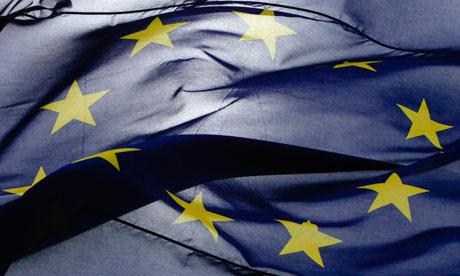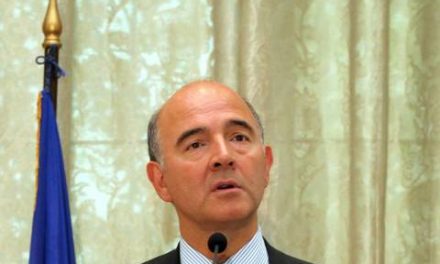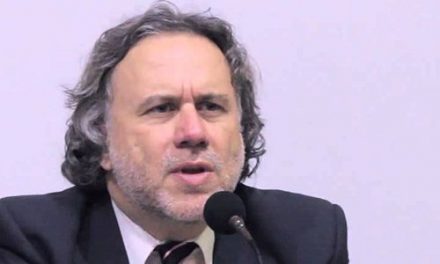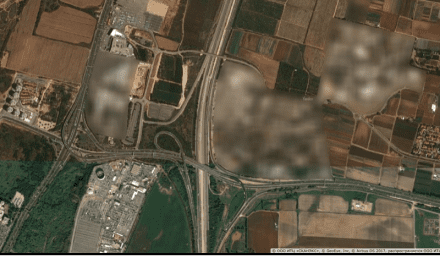By Eszter Zalan, EuObserver
Greek officials have rejected accusations from fellow EU member states that they are incapable of protecting the bloc’s external borders, and said threats to suspend Greece from the passport-free travel zone, Schengen, are “punishment”.
“There is no reason for that [suspending Greece from Schengen],” migration minister Yannis Mouzalas told reporters in Amsterdam on Monday (25 January) on the sidelines of an informal meeting of EU interior ministers.
“Schengen is part of the blame game: ‘If you don’t do this or that, we do this to you.’ It is a punishment,” Mouzalas said.
“We know where we are delayed … If there is a problem, we have to resolve this together.”
He noted that European countries had agreed to curb illegal migration, but there was still no proposal on legal ways to enter the bloc and seek asylum.
EU interior ministers are discussing on Monday the possibility under Article 26 of the Schengen code to temporarily seal off Greece from the border-free Schengen area and to extend border controls elsewhere for up to two years.
Humanitarian crisis jibe
In recent weeks, pressure has mounted on the Greeks to better control the external border of the EU.
Last week Slovenian prime minister Miro Cerar suggested dispatching joint police forces along Macedonia’s border with Greece.
The European Commission is said to have warmed to the plan over the weekend.
But for Frontex, the EU’s border agency, to be able to make a move, Greece would have to agree to more Frontex officers on its territory.
Greek officials said they were not ready to do that and also rejected the idea of other European countries moving bilaterally to boost border protection at the Macedonian-Greek border.
The Greek officials said they were against “unilateral decisions” by other member states.
“Countries under panic want to close borders, but that means that an EU crisis will become a humanitarian crisis in Greece with thousands of trapped immigrants,” Mouzalas said.
“More than ever, we need more Europe – unilateral acts means less Europe.”
He called for member states to implement earlier decisions on EU relocation and on Turkey resettlement, as well as measures helping Turkey to stop the flow of migrants.
Nikos Toskas, Greece’s “alternate minister” of public order and citizen protection told reporters that boosting Frontex in other countries before Greece was “not a good idea”.
“If we have it in Greece, we can [also] discuss about the others [other member states] – otherwise it is not legal.”
Blame Europe?
Mouzalas said Greece’s perceived inability to act is, in many cases, a failure of European policy.
He noted that, despite the winter weather, 3,000 to 4,000 people are still arriving daily to Greek islands from Turkey.
He said that Greece had no option under international, European, and Greek law, but to rescue people trying to navigate the relatively short distance from Turkey to the islands.
Mouzalas pledged Greece would prepare hotspots – migrant-registration centres – by the end of February and that they would be operational in the early days of March in the “worst scenario”.
He blamed a lack of prompt support for the delays.
Greece earlier asked for money to buy 100 Eurodac machines – equipment used to fingerprint and register migrants in Europe’s biometric database of asylum seekers, the Eurodac system – but it got the funds only last week, he said.
He noted that despite the problems, Greece now fingerprinted 80-90 percent of people, compared with 50 percent not long ago.
Greece also blamed fellow member states for dragging their heels on relocation of asylum seekers.
Mouzalas said just 13 member states had indicated they were willing to take in people, he said 930 people are ready to be moved from Greece, but just 200 or so have actually been moved.
He said readmission is also slow, while the influx from Turkey remains huge.
“In the last 20 days we sent 130 readmissions to Turkey, and in those 20 days 60,000 persons arrived from Turkey. Do you think it’s fair, do you think it is a Greek responsibility,” he asked.



















